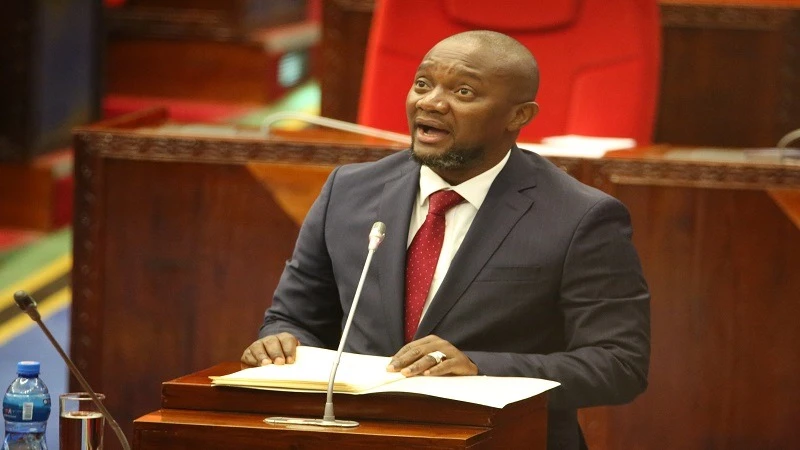‘RCs must ferret out loans to fake groups of disabled’

HEADS of regional secretariats who will tolerate approval of loans to fictitious special groups in the ten percent district council revenues account will be held accountable.
Mohamed Mchengerwa, the Regional Administration and Local Governments state minister in the President's Office (PO-RALG), issued this caution when tabling the ministry’s 10.125trn/- budget estimates for 2024/25 in the National Assembly here yesterday.
The ministry has in the current financial year set a target of collecting 43.77bn/- that is outstanding from borrowers in the special groups’ loans, with the minister cautioning that the government will not tolerate RCs who allow embezzlements via the loans.
Such practices occur with loans extended to ghost special groups for women, youth and people living disability when the funds are disbursed through economic empowerment schemes, he said, elaborating that verification reports show that negligence by RCs have led to issuance of loans to ghost groups.
He told MPs that President Samia Suluhu Hassan has accepted the resumption of the suspended ten percent loans to special groups during the next financial year. “We are going to hold accountable all RCs who will allow such negligence,” he reiterated.
To begin with, the ministry has selected ten district councils for testing a new model of issuing the loans that will be conducted through commercial banks, he said, listing the pilot units as two cities, two municipal councils, two town councils and four district councils.
The remaining 174 district councils will follow the procedures after learning from experience of the selected places, he said.
The model will be adopted in 174 districts after several improvements that include setting up special groups’ loan management departments at PO-RALG and the formation of loan management committees at various levels.
They will be set up at regional and district commissioners’ offices as well as ward chairmen’s offices, he said, hinting at any amendments to the special groups’ loans legislation and its regulations.
The ministry will also undertake capacity building efforts for loan officers and recruit loan recovery officials for the special groups at the ward level, he stated.
“At this early stage already 777 community development officers have been hired to take up tasks set out in the changes,” he added.
Top Headlines
© 2024 IPPMEDIA.COM. ALL RIGHTS RESERVED






















